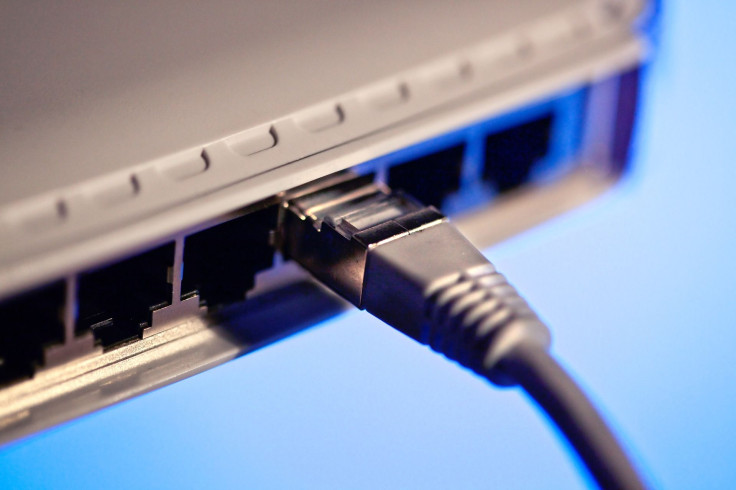Internet Access For The Poor: Broadband Subsidies Won't Expand Until States Have Oversight, FFC Chairman Says

Federal Communications Commission chairman Ajit Pai announced Wednesday that broadband subsidies provided to low-income households won’t be expanded until oversight responsibilities have been handed over to states.
In a statement published by the FCC, Pai committed to supporting the inclusion of broadband subsidies provided by the commission’s Lifeline program, but blamed partisan politics and last-minute regulations issued by former FCC chairman Tom Wheeler for the lack of availability of the subsidized services.
Read: FCC Seeks Public Comment On Broadband Subsidies For Low-Income Households
“As we implement the Lifeline program—as with any program we administer—we must follow the law,” Pai said. “And the law here is clear: Congress gave state governments, not the FCC, the primary responsibility for approving which companies can participate in the Lifeline program under Section 214 of the Communications Act.”
According to the commissioner’s statement, the FCC “snatch[ed] this legal responsibility away from states” and decided to create its own federal ‘Lifeline Broadband Provider’ designation process.
That process allowed then-chairman Wheeler to approve nine new broadband carriers to take part in the Lifeline program, which provides households a $9.25-per-month credit to be put toward the purchase of mobile phones or home internet services.
Once Pai was made head of the commission by President Donald Trump, he opted to prevent those companies —including one provider that had partnered with school districts in 41 states and the District of Columbia to provide internet to underserved communities—from partaking.
Read: FCC Prevents Nine Companies From Providing Subsidized Internet To Low-Income Users
At the time, Pai reasoned the commission had to stop the expansion of the broadband portion of the Lifeline program to examine abuse and fraud within the system. Now the chairman holds the broadband program can’t expand until states are given the right to run the programs.
Pai said the FCC will “soon begin a proceeding to eliminate the new federal designation process” for the Lifeline program and will review the pending applications for companies looking to participate in the Lifeline Broadband Provider program—which the chairman said should not be approved.
The decision from Pai comes after a request for public comment held by the FCC regarding the future broadband subsidies provided by the Lifeline program.
According to Pai, 3.5 million Americans received subsidized broadband service through the Lifeline program—a number he claims has increased more than 16 percent during his two months as chairman—from more than 259 different carriers.
It’s worth noting that Pai previously said more than 900 companies offer subsidized services through Lifeline. While those companies were authorized to provide subsidized broadband, Wired reported the FCC was unable to name one that was actively offering it at the time.
“Chairman Pai's statement confirms that under this Administration low-income Americans will have less choice for Lifeline broadband, and potential providers who want to serve low-income Americans will face greater barriers to entry and regulatory uncertainty,” Mignon Clyburn, the lone Democratic commissioner at the FCC, told International Business Times. “While today's announcement is not surprising, it is nonetheless deeply disappointing.”
© Copyright IBTimes 2024. All rights reserved.




















